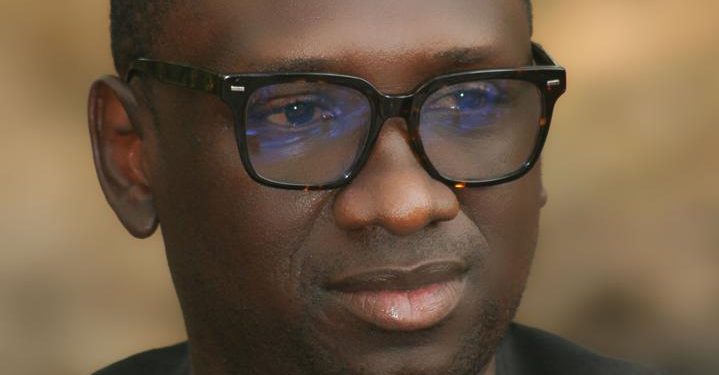By Hassan Osman Kargbo
In the evolving landscape of Sierra Leone’s political arena, a new voice is cutting through the noise—a voice that echoes the aspirations of a people long burdened by broken promises, recycled leadership, and polarizing rhetoric. That voice belongs to Dr. Ibrahim Bangura.
Once known primarily within academic and policy circles, Dr. Bangura has rapidly emerged as a rising political force, inspiring hope among citizens disillusioned by decades of underperformance and stagnant governance. As his popularity rises, so too does the resistance from old political establishments—marked not by policy counterarguments, but by cheap smear campaigns and baseless character attacks.
Most recently, an unfounded rumor linking Dr. Bangura to the daughter of the former President made rounds on social media platforms, sparking backlash from his supporters and condemnation from civil society actors. The rumor, which lacks any credible basis, is widely seen as an attempt to stain his image with innuendo rather than substance—a common tactic employed by those threatened by real change.
But those close to Dr. Bangura are not surprised.
“These distractions are a tired playbook,” said Mariatu Conteh, a youth activist in Freetown. “Anytime someone comes along who speaks truth with clarity and refuses to be boxed into tribal or party loyalty, they go after his character. But we are not buying it.”
Indeed, Dr. Bangura has chosen not to dignify the smear campaign with direct retaliation. Instead, he continues his outreach, dialogue, and grassroots engagement. His response to detractors has been steady and deliberate: to keep working, to keep building, and to keep uniting.
Observers say it is exactly this calm, focused resilience that sets him apart from a crowded and often chaotic political field. While others rely on sensationalism or political patronage, Dr. Bangura is crafting a message rooted in policy, reform, and a deep moral appeal for national unity. His team, made up largely of young professionals and technocrats, continues to roll out a vision that transcends party lines and ethnic enclaves.
“He doesn’t just talk about change. He is change,” remarked Samuel Kargbo, a lecturer and political analyst at Njala University. “Dr. Bangura represents a reset—he’s not rising because of money or influence. He’s rising because he resonates with the ordinary Sierra Leonean’s dream of a better future.”
It’s not difficult to see why his message strikes a chord. For a country still recovering from the economic and institutional setbacks of the past decade, many Sierra Leoneans are hungry for leadership that is rooted in transparency, innovation, and compassion. In town halls and community forums, Dr. Bangura speaks not in slogans but with facts, empathy, and vision—qualities rare in the nation’s current political climate.
But not everyone welcomes that kind of disruption.
Critics, unable to discredit his track record, now resort to questioning his personal life, painting him as a political threat that must be neutralized before 2028. Their efforts, however, appear to be backfiring. Public sympathy continues to swell in his favor, and every smear attempt seems to strengthen the loyalty of his growing support base, both at home and across the Diaspora.
“This is more than politics,” said Hawa Kamara, a market woman in Bo. “This man talks about education, healthcare, jobs—not just empty promises. That’s what we need. That’s why I support him.”
As Sierra Leone approaches another critical election cycle, the emergence of Dr. Ibrahim Bangura feels less like a political campaign and more like a movement. A movement powered not by bitterness or revenge, but by hope, decency, and determination.
And while opponents waste resources crafting distractions, Dr. Bangura and his team are busy crafting a future.
History, after all, will not remember the noise. It will remember those who dared to rise above it—and lead with integrity.











